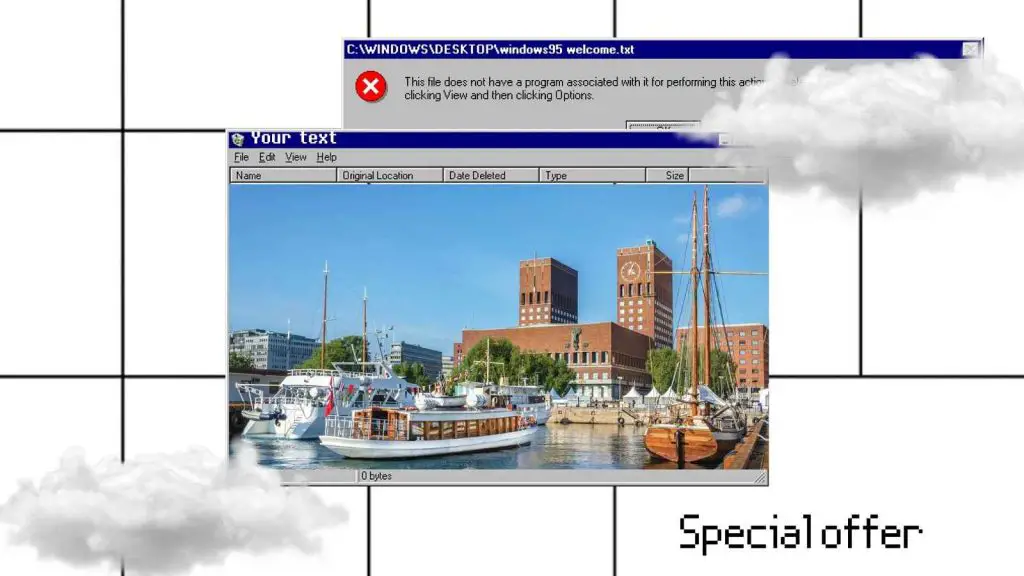The tourism and hospitality industry stands at a crossroads where sustainable practices are no longer optional but imperative. As the sector navigates through the challenges of environmental conservation, economic stability, and cultural integrity, the importance of sustainability becomes increasingly clear. This article explores six key reasons why sustainability is not just beneficial but essential in the tourism and hospitality industry. From protecting natural and cultural resources to enhancing guest experiences and ensuring long-term economic viability, the integration of sustainable practices is a critical factor in shaping the future of tourism and hospitality.
1. Environmental Preservation
Sustainable housing is crucial for minimizing the environmental impact of residential structures.
Reducing Carbon Footprint
Sustainable homes are designed to use resources more efficiently, thereby reducing the amount of carbon dioxide and other greenhouse gases released into the atmosphere. By incorporating renewable energy sources, like solar panels, and using energy-efficient appliances, these houses significantly lower their carbon footprint. This is vital in combatting climate change and ensuring a healthier planet.
Conservation of Natural Resources
Sustainable housing also plays a pivotal role in conserving natural resources. These homes often utilize recycled, reclaimed, or sustainably sourced materials, which reduces the need for new raw materials. This approach not only limits deforestation and habitat destruction but also minimizes pollution and waste associated with manufacturing and construction processes.
2. Economic Benefits
The economic advantages of sustainable housing are both immediate and long-term.
Lower Operating Costs
Sustainable homes are designed to be energy-efficient, which leads to significant savings in utility bills. Features like improved insulation, energy-efficient lighting, and water-saving fixtures reduce the ongoing costs of operating a home. Over time, these savings can be substantial, making sustainable housing a financially smart choice.
Increased Property Value
Properties with sustainable features often have higher resale values. As awareness and demand for eco-friendly homes grow, these properties become more attractive to buyers. Investing in sustainable housing can thus yield not only environmental benefits but also financial gains in the form of increased property value.
3. Healthier Living Environments
Sustainable housing contributes to the creation of healthier living spaces.
Improved Indoor Air Quality
These homes often use low-VOC (Volatile Organic Compounds) materials and provide better ventilation systems. This reduces the presence of harmful pollutants and allergens inside the home, leading to improved indoor air quality. For occupants, this means a lower risk of respiratory problems, allergies, and other health issues associated with poor air quality.
Natural Light and Connection to Nature
Sustainable homes are designed to maximize natural light and often incorporate elements that strengthen the connection to the outdoor environment, like large windows or indoor plants. This not only reduces the need for artificial lighting but also has been shown to improve mood, increase productivity, and enhance the overall well-being of residents.
4. Community and Social Impact
Sustainable housing has significant implications for communities and society at large.
Promoting Social Equity
By integrating affordable and sustainable housing options, communities can address social equity issues. Sustainable homes, particularly those that are affordable, provide stable and healthy living conditions, which can have profound impacts on the well-being and economic prospects of lower-income families.
Fostering Community Resilience
Sustainable housing contributes to community resilience, particularly in the face of climate change. These homes are often designed to withstand extreme weather conditions and utilize local resources sustainably, which can help communities better cope with environmental challenges and reduce their dependence on external resources.
5. Technological Innovation
The drive for sustainable housing spurs technological advancements.
Advancements in Green Technology
The demand for sustainable housing has accelerated the development of new green technologies. From advanced solar panels to eco-friendly building materials, these innovations not only make sustainable housing more effective but also become increasingly accessible and affordable for widespread use.
Integration of Smart Home Technologies
Sustainable homes often incorporate smart home technologies, which enhance energy efficiency and resource management. These technologies, ranging from intelligent thermostats to automated lighting systems, not only contribute to a home’s sustainability but also offer convenience and improved quality of life for residents.
6. Long-Term Sustainability
Finally, sustainable housing is key to achieving long-term environmental sustainability.
Promoting Sustainable Urban Development
As urban populations grow, sustainable housing becomes essential in promoting sustainable urban development. These homes help in creating more livable, efficient, and environmentally friendly urban areas, which is crucial for the sustainability of growing cities.
Legacy for Future Generations
Investing in sustainable housing is about leaving a healthier, more sustainable world for future generations. By prioritizing sustainability in our living spaces today, we ensure that future generations inherit a planet that is still capable of supporting human life and biodiversity.
Conclusion
The integration of sustainability into the tourism and hospitality industry offers multifaceted benefits that are essential for its future. The key reasons include:
- Environmental Preservation: Conserving natural resources and reducing pollution to protect the environment.
- Economic Benefits and Stability: Ensuring long-term economic viability and supporting local economic development.
- Cultural Preservation: Protecting cultural heritage and promoting meaningful cultural exchanges.
- Enhanced Guest Experience: Providing authentic and high-quality experiences that focus on health and well-being.
- Positive Brand Image and Competitiveness: Building customer loyalty and differentiating brands in a competitive market.
- Regulatory Compliance and Risk Management: Adhering to environmental regulations and mitigating operational risks related to climate change.
Sustainability in tourism and hospitality is not just a trend but a fundamental approach that ensures the long-term success and resilience of the industry, while contributing positively to the environment, society, and economy.





